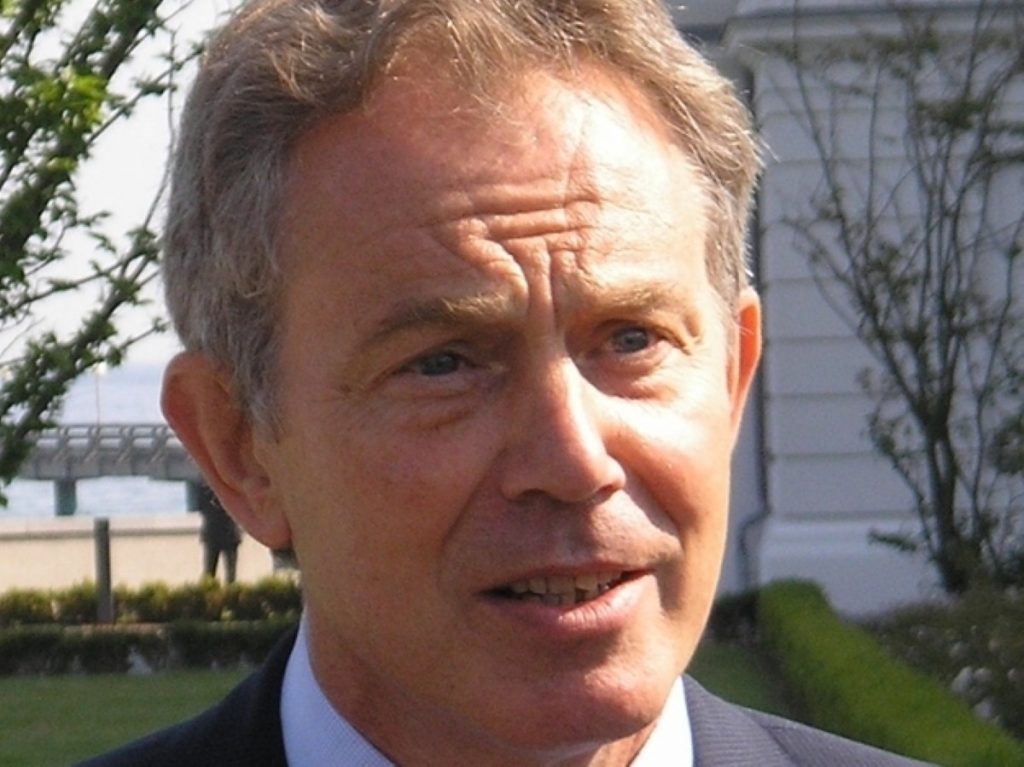Blair on riots: Neither Miliband nor Cameron have the answer
By Ian Dunt Follow @IanDunt
Tony Blair has waded into the debate over England's riots, constructing an explanation that rejects the analysis of both Ed Miliband and David Cameron.
While he was careful to note that he signed up to parts of the new Labour leader's thoughts, Mr Blair said the problem needed to be tackled with a specific focus on gangs and problem families.
"This is a phenomenon of the late 20th century," he said of gang culture in an article for the Observer.


"You find it in virtually every developed nation."
Mr Blair rejected the argument, made to some extent by both Mr Cameron and Mr Miliband, that the riots were a sign of a broader moral malaise in Britain, which included the MPs' expenses scandal and boardroom excess.
"Elevate this into a high-faluting wail about a Britain that has lost its way morally and we will depress ourselves unnecessarily, trash our own reputation abroad and, worst of all, miss the chance to deal with the problem in the only way that will work," he wrote.
"The key is to understand that [the rioters] aren't symptomatic of society at large. Failure to get this leads to a completely muddle-headed analysis."
Mr Blair urged party leaders to pick up the work that was being done at the tail-end of his time in Downing Street on early intervention, a similar programme to which was recently adopted vocally by Labour MP Graham Allen.
"By the end of my time as prime minister, I concluded that the solution was specific and quite different from conventional policy," he said.
"We had to be prepared to intervene literally family by family and at an early stage, even before any criminality had occurred."
The former prime minister also alluded to tougher non-criminal legal sanctions along the line of Asbos, although experts are undecided on how effective these sanctions have been, given the behaviour orders became badges of honour in some communities.
"We had to reform the laws around criminal justice, including on antisocial behaviour, organised crime and the treatment of persistent offenders. We had to treat the gangs in a completely different way to have any hope of success.
"The agenda that came out of this was conceived in my last years of office, but it had to be attempted against a constant backdrop of opposition, left and right, on civil liberty grounds and on the basis we were 'stigmatising' young people.
"After I'd left, the agenda lost momentum. But the papers and the work are all there."









